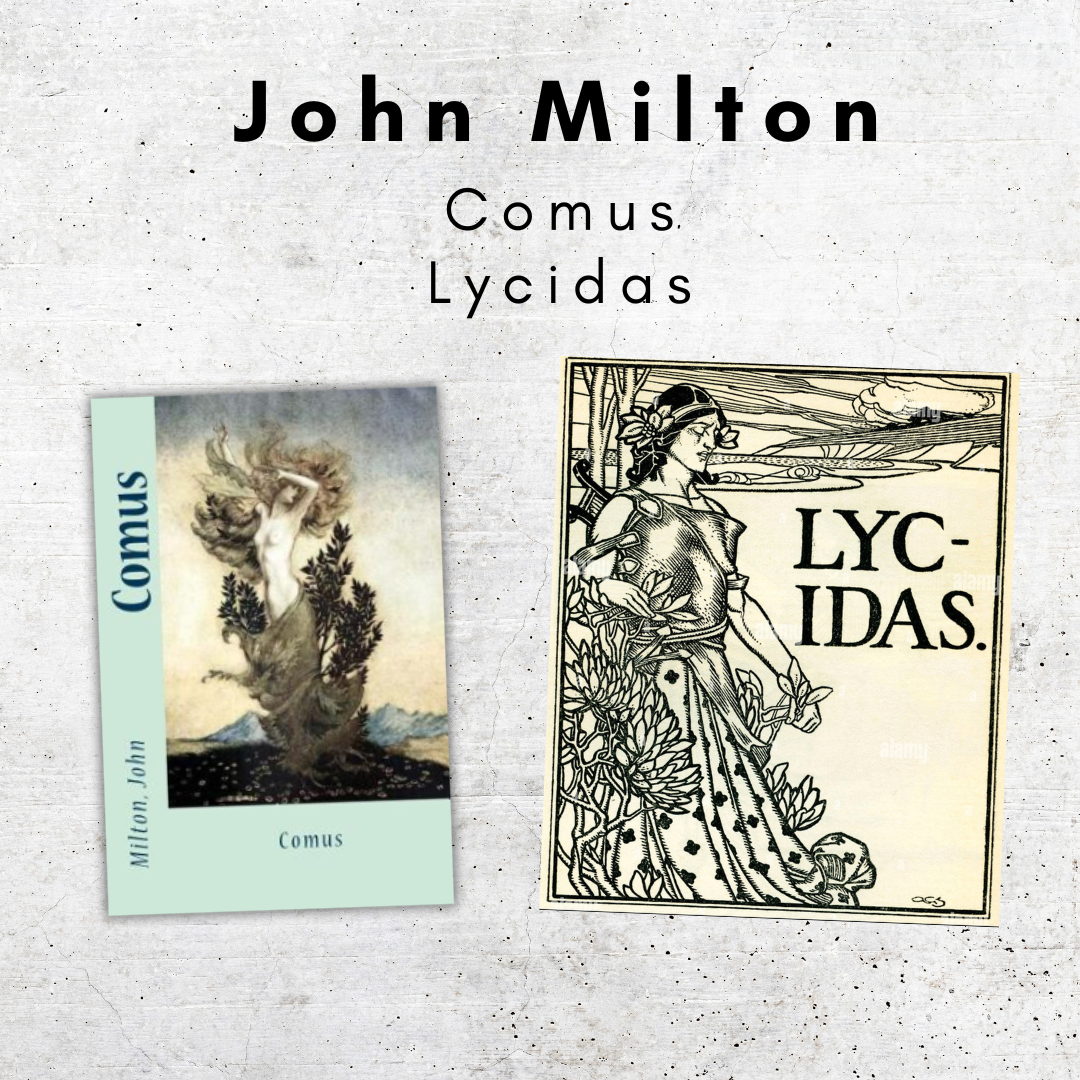How is Paradise Lost coming along for you who are reading along? I admit that I slowed down a little bit in the last two weeks (hence, there was no Paradise Lost post last week). I got a head cold and I don’t think Milton is best considered on a cloudy brain. But, there is
- Home
- |
- Category: Poetry


